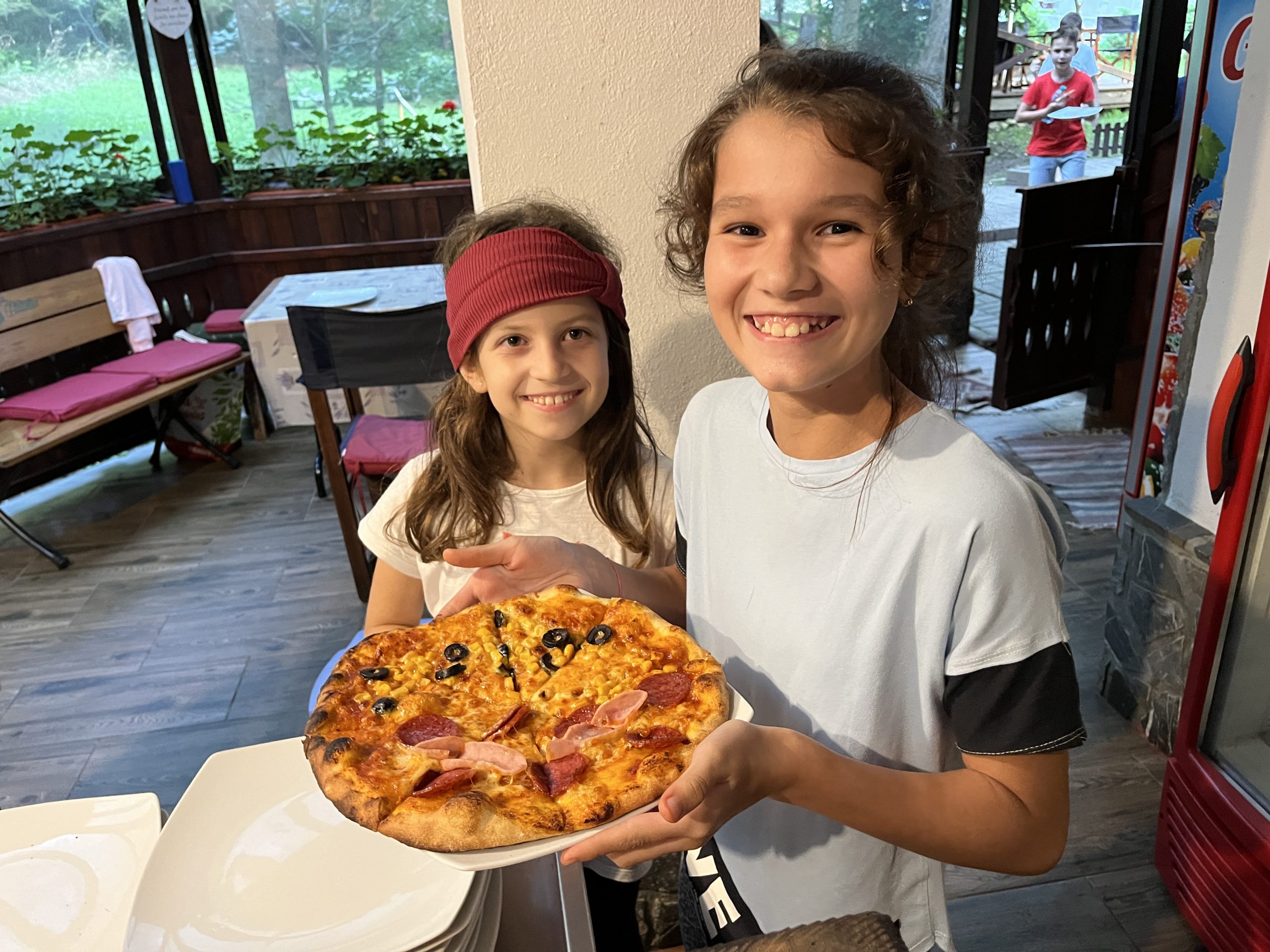
The role of optimism in children's lives
In an overwhelmingly changing world, children need a well-defined portfolio of qualities and skills to reach their potential and fulfill their goals. Among other things, children need a sense of optimism – the belief that things will work out and that what they are doing can have a positive impact.
Every child feels disappointed or discouraged at times, but to get through these moments, at least an ounce of optimism is needed.
We face many challenges, we want to support children in forming a flexible mindset, with a focus on development, and optimistic thinking is the foundation for this endeavor.
Research shows that optimistic people, with vision and appetite for learning, are better prepared to overcome possible obstacles and can achieve success, have harmonious relationships with those around them and fewer anxious episodes.
Through positive role models and practicing optimistic thinking, children can learn to overcome obstacles and believe in their ability to face challenges. Parents and teachers play a critical role as children learn different ways to respond to age-specific situations.
To encourage an optimistic attitude, we need a gentle approach. Cultivating an optimistic mindset takes time, patience and understanding on the part of both adults and children. Here are some practical ways to outline an optimistic orientation for children.
Is the glass half full or half empty?
The first step to developing an optimistic mindset is to identify whether there are more pessimistic or solution-oriented tendencies. When faced with a challenge, when the child loses a game or makes a mistake in a game, what is the attitude they approach? Children need support to make sense of certain situations and also need guidance in identifying and managing their emotions.
Optimism and resilience are contagious and learned over time, with experience and practice. Children look to the adults around them to pick up behaviors. We need to make sure that before we support the little ones to cope well with challenges, we adults need to react in a balanced way to external events and situations.
It is essential to congratulate the child's growth and learning process, not the final success. When a child learns the value of process over product, he can accept failure as temporary rather than permanent. From babies to teenagers, they focus on solving problems, cultivating new skills, and moving forward with confidence and enjoyment. Therefore, they need to focus on the growth process and reap the rewards from the process rather than the outcome.
Optimistic thinking, 3 simple ideas
When the child has to overcome a tense situation, a challenge or has to come to terms with the idea of failure, we, the adults, can support him to replace: "Everything Always Goes Wrong" with "There are reasons why this happened." and "I'm a victim here" with "Are there actions I could take to change the situation?". We can also help them understand what things they can control and what things are beyond their control.
Howard Zinn once said: "We don't have to do great, heroic actions to help bring about a change. Small gestures, when multiplied by millions of people, can transform the world... Being full of optimism in difficult times is not a myth. It is based on the fact that the history of mankind is a history not only of struggles, but also of compassion, sacrifice, courage, kindness....” If we only see the worst, we limit ourselves. We have the power to behave magnificently, with energy and optimism, and maybe, just maybe, we can be better with each other, and with ourselves.
*Article written by Veronica Dunga, KEN Academy trainer.
